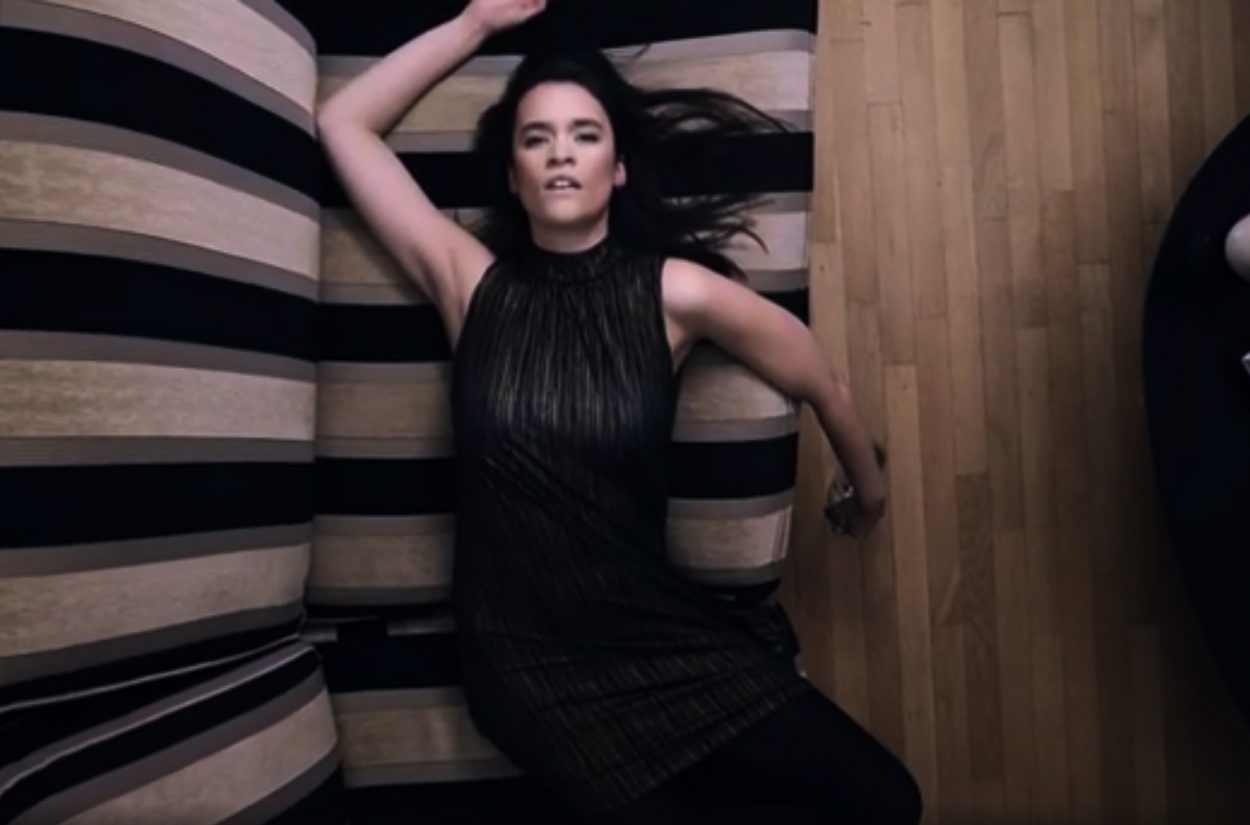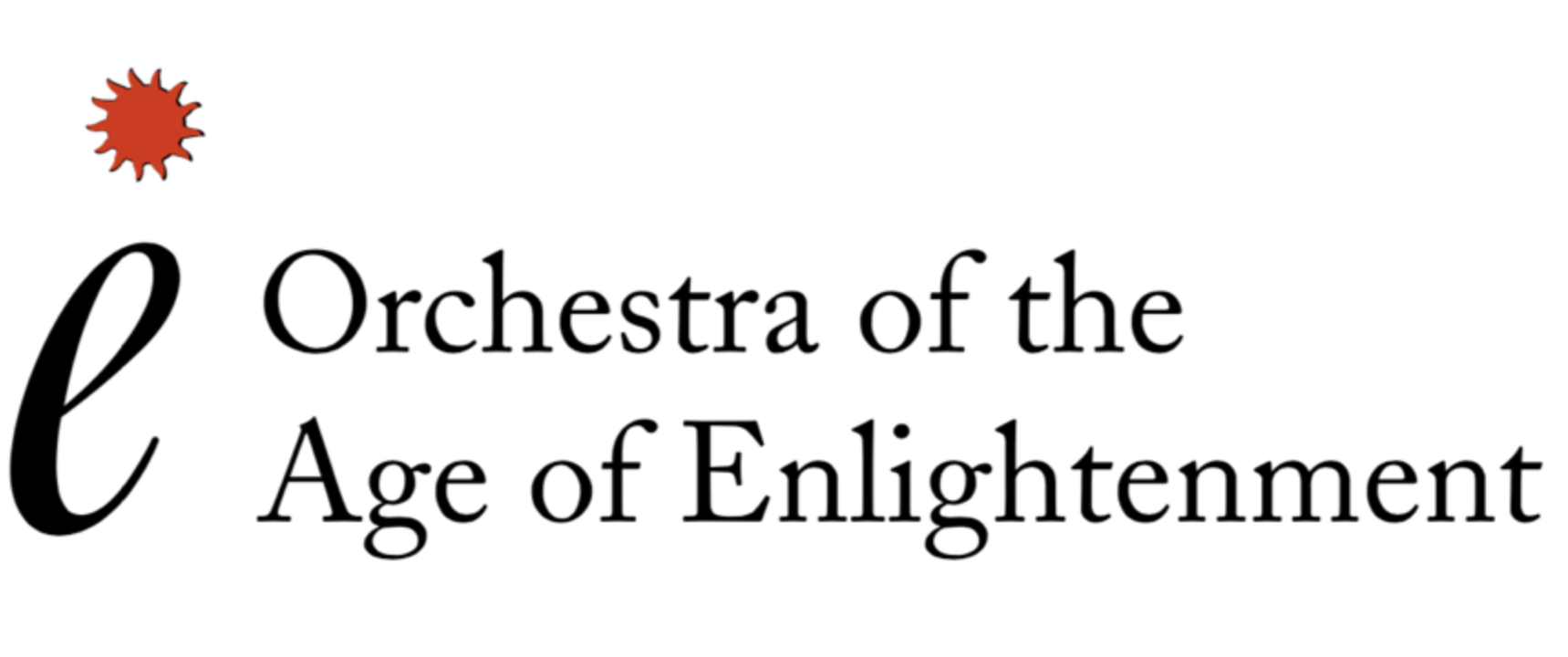The formidable Queen Dido of Carthage 16 February 2021

Dido has captured the imagination of artists throughout the centuries. This enterprising woman was born around 800 BCE, and so the history is a little hazy, but legend has it that her autocratic brother killed her husband (who was also her uncle), so she fled to the coast of North Africa. She did a bit of wheeling and dealing with the local King for some land, ‘just enough space that could be covered by an oxhide’. She cunningly shredded an oxhide six ways from Sunday until it encompassed a plot large enough that she could establish her own prosperous city. Smart.
As the Queen of the city, Dido was the most eligible bachelorette around and beyond picky. She no-likey, no-lighty’ed a string of suitors, until she eventually met the Trojan warrior Aeneas. The loved-up pair planned to marry, but a sense of duty convinced Aeneas to leave. Dido states that “Death must come when he is gone”, before lighting a match and dying among the flames of the city.
In Purcell’s 1680s version of the opera, the Trojan dreamboat is visited by an evil elf disguised as Mercury who persuades him that his duty lies elsewhere. After a bust-up with his new girlfriend, Aeneas changes his mind, but it’s too late, Dido can’t be seen to be with a flaky man and orders everything he owns in a box to the left. As Aeneas sets sail in disgrace, the Queen of Carthage joins an honourable tradition of wronged operatic heroines by singing a hauntingly beautiful song which humanises her suffering When I am laid in Earth, before “cupids scatter roses on her tomb, soft and gentle as her heart. Keep here your watch, and never, never part.”
In the 1720s, Sarro had another go at the legend with his opera Dido Abandoned. In this version, there are more fight scenes and bravado. Aeneas defeats a love rival and then it is Dido who convinces Aeneas to remain in the city with her. Aeneas’ father’s ghost is having none of it, and he guilts the Trojan warrior into returning home. Ghosted. Literally. Dido is heartbroken and commits suicide as her lover sets sail for Italy.
"Dido was the most eligible bachelorette around and beyond picky."
Fast forward 300 years and the Orchestra of the Age of Enlightenment (OAE) have picked up the tale and reimagined the young queen as a modern-day city dweller, trying to navigate her career and image as an independent woman after a break-up. Female insecurity being hard to shake off, Dido still feels others will perceive her as weak and abandoned, and she yearns to undo the damage to her reputation. Through hauntingly beautiful, drawn-out notes that pierce through the hazy London nightscape, Dido -played by mezzo-soprano Helen Charlston- ambles through the city in dazed confusion as she tries to process the feeling of rejection. The OAE’s remake presents Dido’s song alongside social media photo frames and captions, highlighting how digital platforms allow us to curate our image. Through our posts, we can hide our grief and deny our most painful moments ever happened. Our modern-day Dido puts on a brave face as she is abandoned to endure the brutality of life alone.
Watch the premiere of our film on YouTube from 10 am GMT, Friday 19 Feb.
With special thanks to Mark Allen Group, Gramophone for their generous support.


